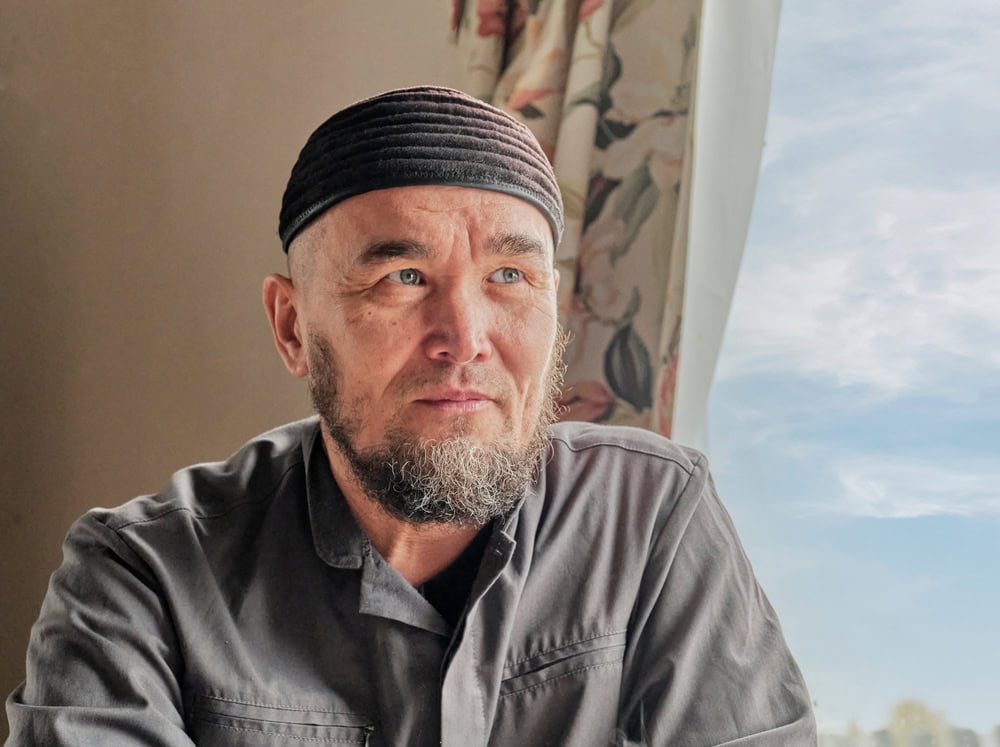Can the Area Between the Mustache and Beard (Sibal) Be Trimmed?
Hanafi Fiqh
Answered by Mawlana Ilyas Patel
Question
I would like to know about “Sibal”, the area between the mustache and beard. Firstly, are we allowed to trim this? There is mention of proof for this. Is this correct? Could you kindly describe what this is?
While growing my beard, I’ve noticed these two growths of hair on both sides of my mouth; they seem separate from my mustache but also separate from my beard; as my beard grows along my jaw, these two bits of hair grow into my beard, is this “Sibal”?
Answer
In the Name of Allah, the Most Merciful and Compassionate.
I pray you are in good faith and health. Thank you for your question.
Sibal
There are differing opinions regarding the meaning of the word “Sibal” (سبال); you may follow any opinion. Some suggest that it refers to the hair in the middle area of the mustache. Others believe it refers to the hair on the sides of the mustache, while some consider it part of the beard.
Linguistically, “sibal” is the plural of “sabala”. It is a man’s circle in the middle of his upper lip. Some said it is the hair on the mustache. Some said it is the sides of the mustache. Some say it is the front part. Some say it is the beard.
Meaning
Based on the interpretation of it being part of the mustache hair, the following hadith of Musnad Ahmad mentions:
“You should trim your mustaches and let your beards grow and (thus) be different from the people of the Book”.
Based on the interpretation of it being part of the beard, Jabir’s (Allah be pleased with him) hadith in Abu Dawud says,
“We used to grow beard long except during the Hajj or ‘Umrah.”
As for the jurists, they consider it to be separate. According to them, it means the side of the mustache. Some say, like Ibn Abidin, that it is part of the mustache. Some say, like ibn Hajar, that it is part of the beard. [al-Mawsu‘a al-Fiqhiyya al-Kuwaytiyya]
I encourage you to explore the valuable answers and resources linked below for further guidance, in sha’ Allah.
- Beard Archives
- What Is a Beard in the Hanafi School?
- On Keeping the Beard
- What Are the Rulings of Growing a Beard in the Hanafi School? (Video)
Why not start your journey of knowledge by enrolling in a course on SeekersGuidance? You can choose from the Islamic Studies Curriculum or the Youth Islamic Studies Curriculum and progress through each course step by step.
I pray this helps with your question.
Wassalam,
[Mawlana] Ilyas Patel
Checked and Approved by Abdul-Rahim Reasat
Mawlana Ilyas Patel has received traditional education in various countries. He started his schooling in the UK and completed his hifz of the Quran in India. After that, he joined an Islamic seminary in the UK, where he studied secular and Aalimiyya sciences. Later, he traveled to Karachi, Pakistan, and other Middle Eastern countries to further his education. Mawlana has served as an Imam in the Republic of Ireland for several years and taught the Quran and other Islamic sciences to both children and adults. He also worked as a teacher and librarian at a local Islamic seminary in the UK for 12 years. Presently, he lives in the UK with his wife and is interested in books and gardening.
